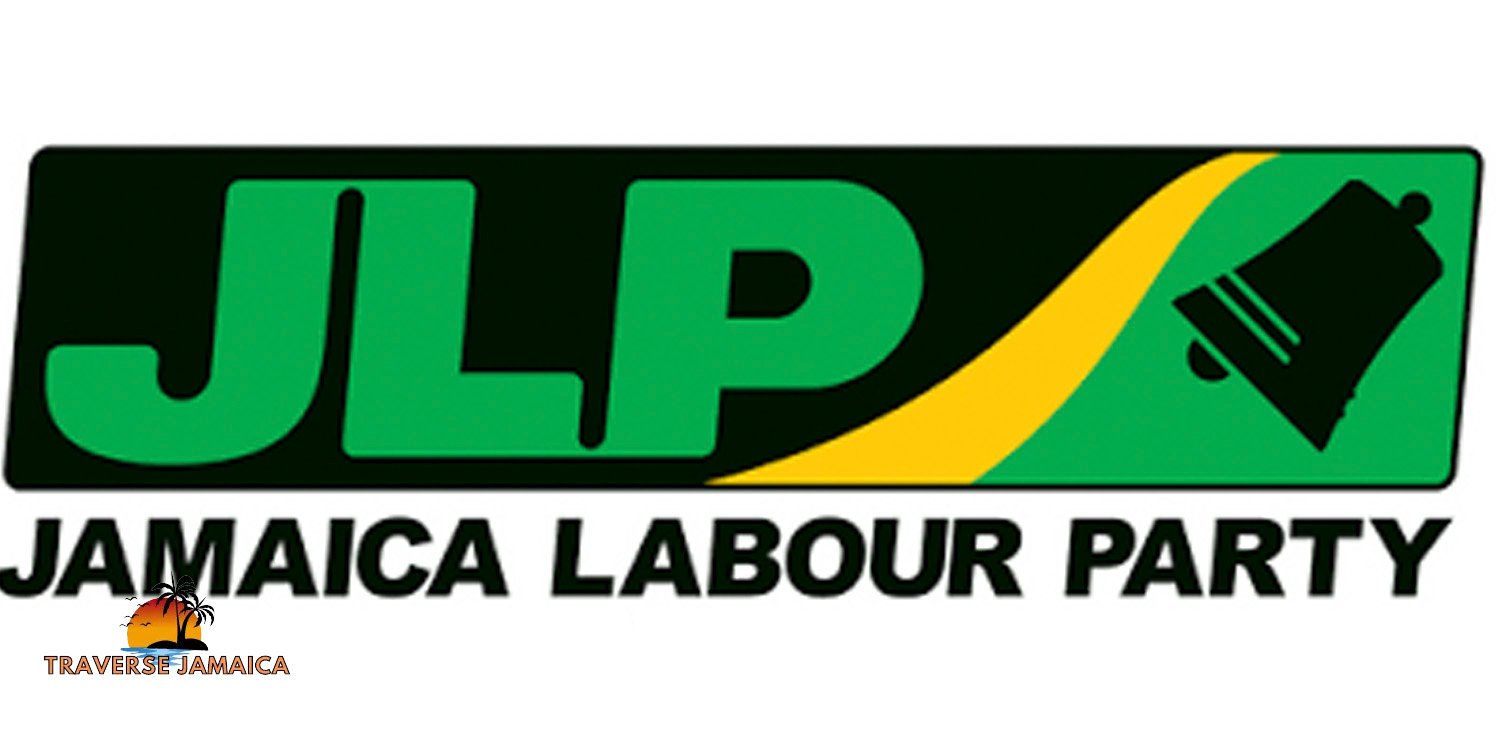The Jamaica Labour Party (JLP) stands as one of Jamaica’s most significant political entities. Established in the early 20th century, the JLP has played a pivotal role in the island’s political, social, and economic development. From its origins as a labor rights movement to becoming one of the two dominant political parties in modern Jamaica, the JLP’s history is rich and complex.
This guide provides a detailed overview of the Jamaica Labour Party, tracing its origins, ideology, significant achievements, challenges, and its role in contemporary Jamaican politics.
1. The Origins of the Jamaica Labour Party
Early Beginnings: The Birth of the Labor Movement
The Jamaica Labour Party was founded in 1943 by Alexander Bustamante, a key figure in Jamaica’s labor movement and one of the country’s National Heroes. Before the JLP’s formal establishment, Jamaica experienced widespread labor unrest during the 1930s, with protests and strikes demanding better wages and working conditions for the island’s workers. These struggles reflected broader social inequalities and economic hardships faced by Jamaica’s predominantly working-class population.
Bustamante emerged as a charismatic leader during these labor protests. A staunch advocate for the rights of workers, he became a national figure by advocating for wage increases and improved conditions for laborers. Recognizing the need for political representation for workers, Bustamante transitioned from being a labor leader to forming a political party that would stand for the rights of the working class.
The JLP’s Foundation and Early Years
The Jamaica Labour Party was formally launched on July 8, 1943, under Bustamante’s leadership. The JLP positioned itself as a political extension of the labor movement, with the goal of advocating for workers’ rights within the newly formed democratic political system.
In its early years, the JLP’s platform was centered around improving labor conditions, advocating for universal adult suffrage, and promoting social welfare reforms. The party’s message resonated with many Jamaicans, especially the working class, and it quickly gained significant support across the island.
The JLP’s first major political victory came in 1944 when Jamaica held its first elections under universal adult suffrage. The party won the majority of seats in the House of Representatives, and Bustamante became Jamaica’s first Chief Minister, marking the beginning of the party’s long-standing influence in Jamaican politics.
2. Ideology and Core Values of the JLP
While the Jamaica Labour Party originated from the labor movement, its political ideology has evolved over the decades. Today, the JLP is broadly classified as a center-right political party, but its core principles continue to reflect a mix of social welfare advocacy and free-market economic policies.
Core Ideals:
- Social Welfare and Labor Advocacy: The JLP was born out of the labor movement, and the party has historically maintained a focus on improving the living standards of the working class. While its policies have evolved, the party continues to advocate for policies that promote job creation, better wages, and improved healthcare and education for all Jamaicans.
- Economic Growth and Market Reforms: In more recent decades, the JLP has embraced market-friendly policies aimed at promoting economic growth. These include efforts to attract foreign investment, reduce government intervention in the economy, and promote entrepreneurship. The party emphasizes the importance of building a robust private sector as the driver of economic development.
- Nationalism and Sovereignty: Like many Caribbean political movements, the JLP has long promoted the sovereignty and independence of Jamaica. The party played a key role in Jamaica’s transition from a British colony to an independent nation in 1962. National pride and self-determination remain important elements of the JLP’s rhetoric.
- Anti-Communism: Throughout the Cold War era, the JLP positioned itself as an anti-communist party, opposing the socialist leanings of its main rival, the People’s National Party (PNP). This ideological divide significantly shaped Jamaican politics during the latter half of the 20th century.
3. Major Achievements of the JLP
Jamaica’s Independence in 1962
One of the JLP’s most significant achievements came in 1962 when Jamaica gained its independence from Britain. Under the leadership of then-Prime Minister Alexander Bustamante, the JLP government played a central role in negotiating Jamaica’s path to independence.
This transition marked a new era for Jamaica, as the country moved from being a British colony to a self-governing nation. The JLP’s leadership during this period is remembered as a defining moment in the party’s history.
Economic and Social Reforms
Throughout its history, the JLP has implemented various economic and social reforms. These include initiatives to modernize Jamaica’s infrastructure, improve healthcare and education systems, and promote industrial growth.
One of the party’s notable policies was the introduction of free secondary education under Edward Seaga’s leadership in the 1980s. Seaga, who served as Prime Minister from 1980 to 1989, was a major figure in the JLP and helped shape much of the party’s economic agenda during his tenure.
Tackling Crime and Public Safety
The JLP has also taken a firm stance on law and order. In recent years, successive JLP governments have introduced policies aimed at curbing crime, improving public safety, and reforming the justice system. Crime remains one of Jamaica’s most pressing issues, and the JLP has focused on measures such as enhancing police capabilities and reforming the judiciary to address this problem.
4. Challenges and Controversies
While the JLP has achieved much, the party has also faced significant challenges and controversies throughout its history.
Political Violence and Partisan Divisions
Like much of Jamaican politics, the JLP has been associated with episodes of political violence, particularly during the 1970s and 1980s. The rivalry between the JLP and its primary political opponent, the People’s National Party (PNP), often led to violent clashes between party supporters. These political tensions contributed to social instability during this period.
The 1980 general election, in particular, was marred by widespread violence, resulting in hundreds of deaths. Both the JLP and PNP have worked in more recent decades to reduce political violence, but the legacy of this period still influences Jamaica’s political landscape.
Economic Struggles and Debt
During Edward Seaga’s tenure in the 1980s, Jamaica faced severe economic challenges. While Seaga implemented several market-oriented reforms, the country also experienced rising debt, inflation, and unemployment. These economic difficulties led to widespread dissatisfaction and contributed to the JLP’s defeat in the 1989 general election.
Leadership Struggles
In more recent years, the JLP has faced internal leadership struggles. Following Seaga’s departure from active politics, the party experienced a period of instability as it sought to define its leadership and direction. However, with the rise of Andrew Holness as leader in 2011, the party has regained much of its cohesion and electoral strength.
5. The Modern JLP: Andrew Holness and the 21st Century
Andrew Holness and the JLP’s Revival
Andrew Holness, who became leader of the JLP in 2011 and Prime Minister in 2016, represents the party’s modern face. As one of Jamaica’s youngest Prime Ministers, Holness has sought to modernize the JLP and align the party’s policies with the needs of a rapidly changing Jamaican society.
Under Holness’ leadership, the JLP has emphasized economic growth, job creation, and improving public services. Holness has also championed digital transformation and technological innovation as key drivers of Jamaica’s future development.
Election Victories and Policy Initiatives
The JLP under Holness has enjoyed electoral success, winning consecutive general elections in 2016 and 2020. In both elections, the party focused on issues such as reducing crime, improving healthcare, and creating jobs. The JLP’s handling of the COVID-19 pandemic was a major issue in the 2020 election, with Holness receiving praise for his government’s response to the crisis.
Economic Growth and Recovery
A major focus of the modern JLP has been on economic recovery. Jamaica, like many other countries, faced severe economic challenges due to the global recession and the COVID-19 pandemic. The JLP has implemented policies aimed at stabilizing the economy, attracting foreign investment, and promoting tourism—a key driver of Jamaica’s economy.
Holness has also placed significant emphasis on debt reduction and fiscal discipline, with the government working to improve Jamaica’s financial standing on the global stage.
Social Initiatives and Public Safety
In addition to its economic policies, the JLP has continued to address social issues. Under Holness’ leadership, the party has focused on housing development, healthcare improvements, and educational reforms. The JLP government has also worked to tackle Jamaica’s long-standing crime problem through initiatives aimed at enhancing law enforcement and judicial reforms.
6. Conclusion: The JLP’s Role in Jamaica Today
The Jamaica Labour Party has come a long way from its origins as a labor rights movement. Today, it stands as one of the two main political forces in Jamaica, with a track record of achievements in the fields of labor rights, social reform, and economic development. Under the leadership of Andrew Holness, the party continues to evolve, adapting to the challenges of modern Jamaica while staying true to its core principles.
As Jamaica moves forward into the 21st century, the JLP will undoubtedly remain a key player in shaping the country’s future, with a continued focus on economic growth, public safety, and improving the quality of life for all Jamaicans.
This comprehensive guide provides an overview of the Jamaica Labour Party’s history, ideology, achievements, and its role in shaping Jamaica’s political landscape today. The party’s evolution from its labor roots to its modern-day leadership demonstrates its enduring relevance in Jamaica’s political sphere.









